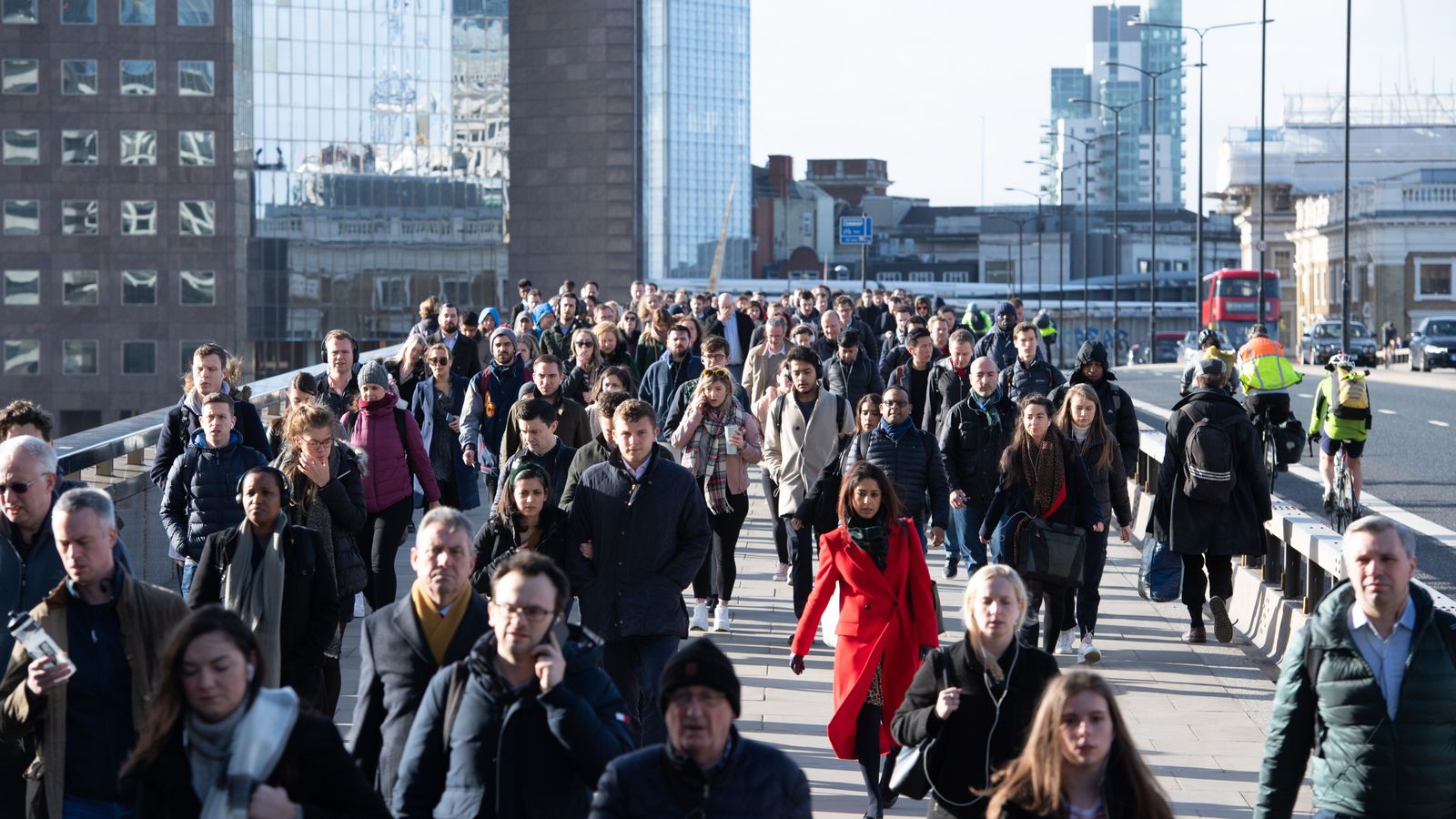[ad_1]

More than 1,000 people are waiting more than 12 hours in A&E departments every day, according to a new report.
The figures come from the Royal College of Emergency Medicine (RCEM), which says the numbers are “the tip of the iceberg”.
It released figures showing that in 2021 an average of 1,047 people a day were waiting more than 12 hours in A&E.
This tallied to 381,991 patients waiting more than 12 hours between arriving at A&E and leaving – roughly 4.3% of people going for emergency treatment in 2021.
The RCEM figures 21 times as many people were waiting more than 12 hours when compared to official figures for the 2020/21 period.
The RCEM states the previously published figures are a “gross under-representation of the reality” as “far greater numbers of patients experience extreme waits of 12 hours or more from their time of arrival”.
The discrepancy is down to how stats are recorded officially.
Official 12-hour wait figures are measured when “the decision is made to admit” someone while the RCEM asked for wait times from the time of arrival at A&E.
The RCEM used freedom of information requests to ask 118 hospital trusts in England how many patients waited more than 12 hours in A&E in 2021 and some 74 authorities replied.
The official statistics show that 14,150 people waited for 12 hours after a decision was taken to admit them in 2020/21.
The RCEM figures for this period found that 302,784 people waited for 12 hours or more after arriving in an emergency department.
In 2019/20, this figure was 522,720.
The authors noted that the NHS has changed the way it records data, and this year figures will now be measured from the patient’s arrival in an emergency department to discharge, admission, or transfer.
Dr Adrian Boyle, vice president of the RCEM, said: “These figures are staggering and show the critical state of the urgent and emergency care system.”
‘NHS staff continue to go above and beyond’
An NHS spokesman said: “Admitting 302,000 patients with the virus in 2021 – up from 242,000 in 2020 – alongside infection control requirements had a notable impact on NHS bed capacity.
“NHS staff continue to go above and beyond, working closely with colleagues in social care, to ensure people leave hospital when they are fit to do so, not just because it is better for them, but because it helps free up precious NHS bed space for people who need it most.”
A Department of Health and Social Care spokesperson said: “We absolutely recognise the pressures urgent and emergency care staff and services are facing, which is why we are taking a whole-system approach to ensure people get the care they need, when they need it.
“This includes an additional £50m of funding to support increased NHS 111 call-taking capacity, working to discharge medically fit patients as soon as possible, and investing £1.5bn to create 50 million more GP appointments by 2024 – to avoid unnecessary demands on urgent care.
“There are record numbers of nurses, doctors and staff overall working in the NHS, and we are tackling the COVID backlog by setting up surgical hubs and community diagnostic centres – with over 90 already open and over one million additional checks delivered.”
[ad_2]








